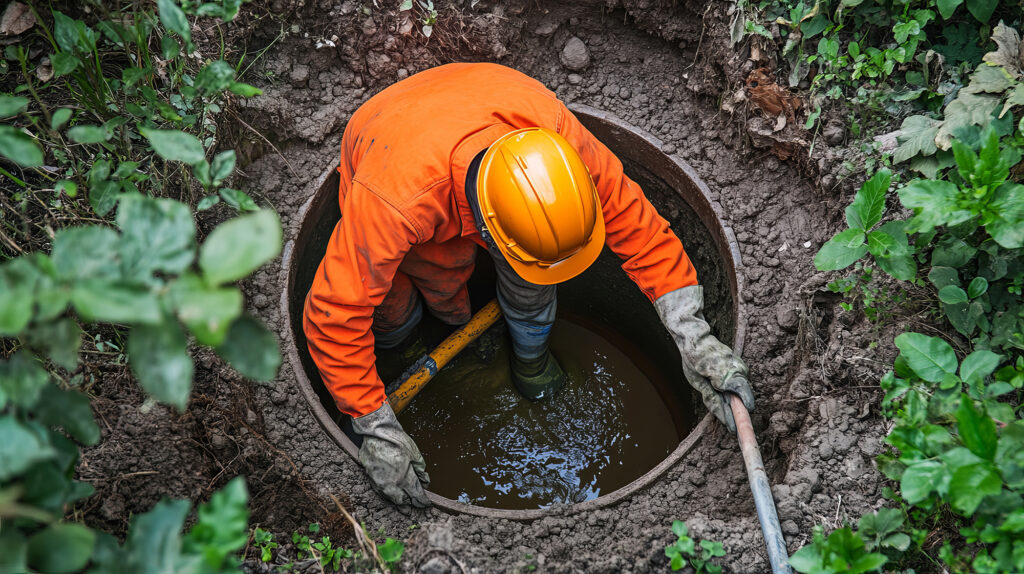Septic Tanks: One of Those Things You Don’t Think About… Until You Have To
Here’s the thing about septic systems: when they’re working, you barely notice them. But when they’re not? You definitely will.
The smell. The mess. The stress.
The good news? With a little planning (and the right help), you can stay ahead of problems—and avoid major repairs.
Whether this is your first time handling septic maintenance or you’re just curious about costs, we’ve got you covered. We’ll break down how much it costs to pump a septic tank, what affects the price, and how to find someone you can trust to get it done right.
What Is a Septic Tank, Anyway?
If your home isn’t connected to a city sewer system, you probably have a septic tank buried in your yard. It’s part of a private wastewater system that collects everything from your sinks, showers, and toilets.
Over time, solid waste builds up in the tank. If it’s not pumped out regularly, things get… unpleasant.
So yes—septic tanks are out of sight. But they should never be out of mind.
How Often Should You Pump Your Septic Tank?
Most homes need septic tanks pumped every 3 to 5 years.
But it depends:
- Large household? You might need more frequent pumping.
- Vacation home? Less often is usually fine.
- Garbage disposal user? Plan for more frequent service.
If you’re not sure when yours was last pumped, now’s a great time to look into it—before there’s a problem.
How Much Does It Cost to Pump a Septic Tank?
In most areas, you can expect to pay between $250 and $600 for a standard septic tank pumping. The national average? Around $400.
Here’s a quick breakdown:
- Routine Pumping (1,000–1,500 gal): $250–$600
- Emergency Pumping: $500–$1,000+
- Add-ons (filter cleaning, inspection): $50–$200
Always ask what’s included in the quote—some providers charge extra for digging, inspections, or disposal fees.
What Affects the Price?
- Tank Size: Larger tanks require more time and equipment.
- Household Size: More people = more waste.
- Location: Prices may be higher in remote areas.
- Accessibility: Hard-to-reach tanks cost more.
- Urgency: Emergency pumping = higher cost.
What Happens If You Skip It?
Neglecting your septic system can lead to:
- Bad odors
- Sewage backups
- Slow drains and gurgling sounds
- Lawn damage
- Expensive repairs or replacements
A $400 pump today can save you thousands tomorrow.
How to Find Reliable Septic Tank Help
Look for:
- Licensed and insured pros
- Good reviews
- Clear pricing
- Local knowledge
Don’t settle for vague estimates. Hire someone who’s easy to talk to and knows what they’re doing.
Why Use JobSnap to Find a Septic Pro
JobSnap connects you to real, local help—fast.
What you get:
- Video profiles
- Easy mobile posting
- No middlemen
- Trusted pros in your area
Pump Regularly, Stress Less
Septic systems aren’t glamorous. But they keep your home running.
- Pump every 3–5 years
- Watch for warning signs
- Find someone you trust
- Don’t wait for a mess
Post a job today and get connected to septic service pros in your area. Fast, easy, and built for people like you.

